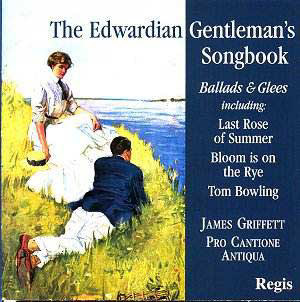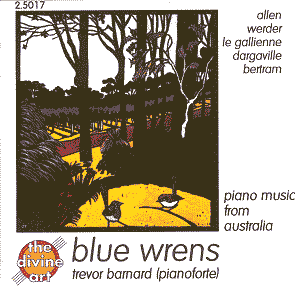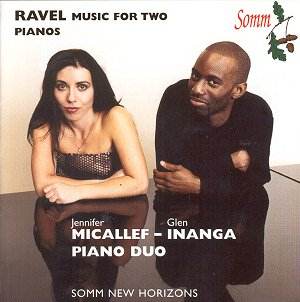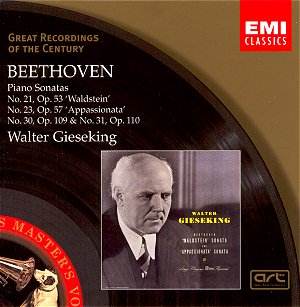 Composer: Various
Composer: Various
Works: “The Edwardian Gentleman’s Songbook” including selections from Henry Bishop, Hatton, G. Smart, Stanford, Pearsall, Frederick Bridge, Sullivan, Dibdin, B. Cooke, F.H. Cowen, and traditional arrangements.
Performers: James Griffett (tenor), Pro Cantione Antiqua, directed by Mark Brown
Recording: 1980s?
Label: REGIS RRC 1083
The “Edwardian Gentleman’s Songbook” serves as a fascinating lens through which to examine the musical landscape of late Victorian and early Edwardian Britain. While the title might suggest a repertoire more centrally anchored in the Edwardian era, the collection predominantly showcases works that resonate with Victorian sensibilities. This compilation includes a mélange of glees and songs that reflect the cultural ethos of a time when choral music flourished, drawing from sources that predate the Edwardian period itself. The selections, although rich in historical context, beg a question: how do they translate into contemporary performance?
James Griffett’s interpretations stand out with a clarity that is both refreshing and authoritative. His voice possesses a mellifluous quality that is particularly well-suited to the lyrical lines of the Stanford songs, which are the centerpiece of this recording. The five compositions by Stanford reveal Griffett’s ability to navigate the emotional depths of the music while maintaining a seamless legato that invites the listener into a more intimate dialogue with the text. Notably, “Lullaby” and “A Japanese Lullaby” highlight his nuanced phrasing and attention to the subtleties of dynamics, rendering the delicate balance of sentimentality and restraint that these pieces demand.
The Pro Cantione Antiqua’s nine-voice ensemble, featuring distinguished soloists such as Ian Partridge and Charles Brett, enhances the overall fabric of the recording. Their performances, particularly in the glees by Hatton, Smart, and Cooke, demonstrate an exquisite blend of voices that is both cohesive and vibrant. The ensemble’s articulation is commendable, with a clean diction that allows the often intricate texts to shine through. The glee “Come Gentle Zephyr” is a prime example, where the interplay between voices creates an airy quality that captures the essence of pastoral lyricism.
Recording quality merits mention as well; the engineering captures the warmth of the ensemble’s sound while providing a clear definition of individual voices. The balance between Griffett and the choir is well managed, allowing the tenor’s contributions to resonate without overshadowing the collective harmonies. This clarity is a testament to the expertise of the sound engineers, ensuring that the subtleties of ensemble singing—particularly in works like Pearsall’s “Waters of Elle”—are not lost in a wash of sound.
While the repertoire may lean towards pieces that are less frequently performed today, the inclusion of songs such as Sullivan’s “How Many Hired Servants” and the traditional “Ye Banks and Braes” arranged by Ravel adds a delightful touch of familiarity and diversity. These selections not only showcase the rich tapestry of British vocal music but also highlight the versatility of the performers, who approach each piece with an earnestness and enthusiasm that is infectious.
The absence of song texts in the insert is a minor oversight, though Griffett’s intelligible diction mitigates this shortcoming, allowing listeners to grasp the narrative and emotional weight of the songs. Despite this, the collection’s breadth and the engaging performances make it a highly commendable addition to any classical music library. The Edwardian Gentleman of the title may indeed have favored the Victorian palette, yet this recording transcends mere nostalgia, presenting a vibrant and compelling interpretation of British song from a time that continues to resonate.


